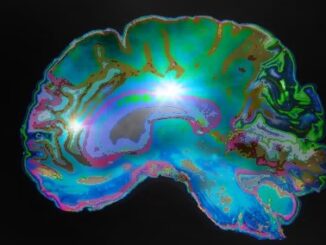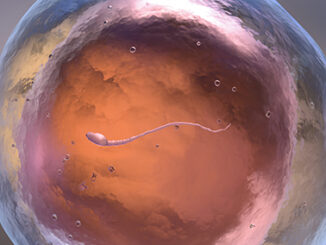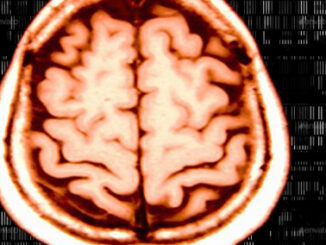Epigenetically Reversing Mental Health Disorders that Arise from Adolescent Binge Drinking
Imagine being able to undo some of the bad mistakes we made in our youth, like drinking too much. It’s been well reported that excessive alcohol consumption in adolescents can lead to serious health problems later on in life. Anxiety and continued alcohol dependence are two issues that often result from underage alcohol exposure, and both are difficult to treat. Now scientists in the field of epigenetics are finding that it may be possible to reverse some of the damage [more…]











